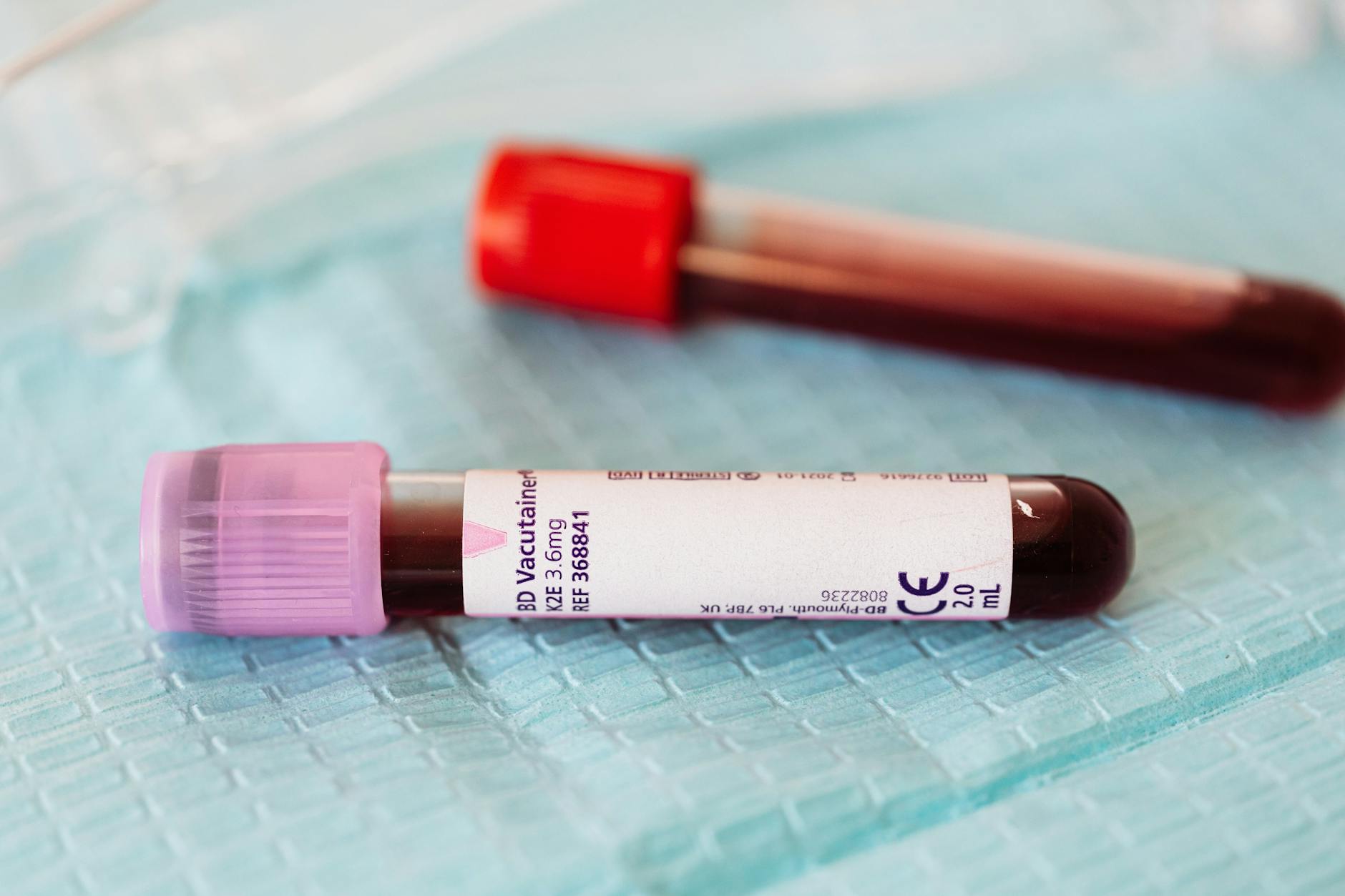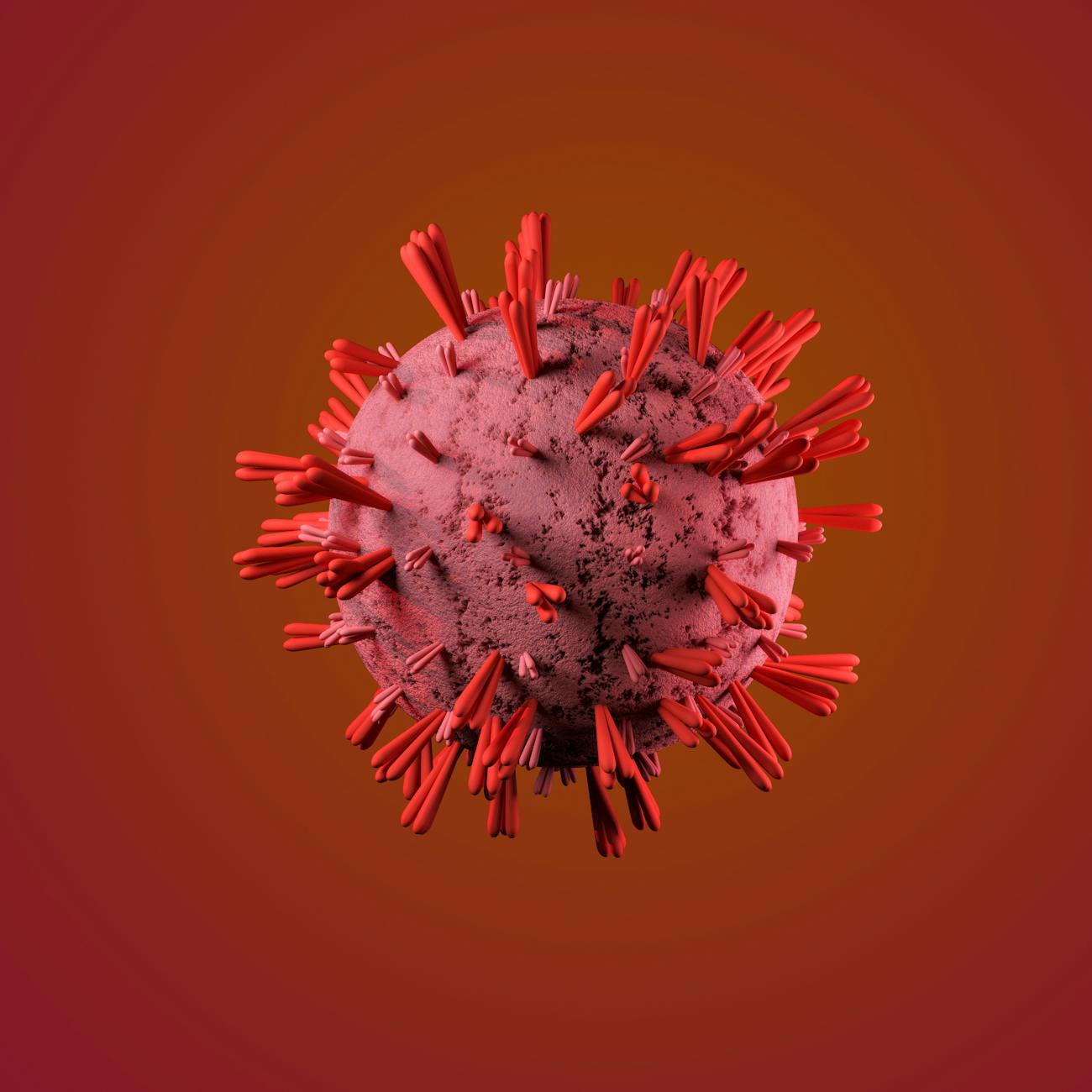
Living and working as a hematology specialist, I’ve seen firsthand how anemia can significantly impact people’s lives. This condition, often misunderstood, requires careful diagnosis and tailored treatment. Let’s delve into what anemia is and how it can be managed effectively.
Understanding Anemia
Anemia occurs when your blood doesn’t have enough healthy red blood cells or hemoglobin. This deficiency leads to reduced oxygen transport to your body’s tissues, causing fatigue and weakness. There are many underlying causes, including nutritional deficiencies, chronic diseases, and genetic conditions. Recognizing these factors is essential for effective treatment.
Symptoms of Anemia
When I noticed persistent fatigue, shortness of breath, and occasional dizziness in my patients, I knew these were classic signs of anemia. However, diagnosing anemia involves more than just recognizing symptoms. Blood tests, particularly a complete blood count (CBC), are crucial. According to the Abu Dhabi Department of Health, regular check-ups and early detection are key to managing anemia effectively.
Causes of Anemia
The causes of anemia are varied. Iron deficiency, often due to inadequate diet or heavy menstrual periods, is a common culprit. Similarly, deficiencies in vitamins like B-12, folate, and vitamin C can lead to anemia. Chronic conditions such as cancer, kidney disease, and rheumatoid arthritis also contribute significantly. Additionally, genetic disorders, including sickle cell anemia and thalassemia, prevalent in certain populations, need to be considered.
Dietary Management of Anemia
Diet plays a vital role in managing anemia. Incorporating iron-rich foods such as lean meats, beans, and spinach can be highly beneficial. Enhancing iron absorption with vitamin C from fruits like oranges and strawberries is also effective. In my experience, advising patients to avoid coffee or tea with meals is crucial, as these beverages can inhibit iron absorption. As highlighted by the Ministry of Health and Prevention UAE, integrating fortified cereals and leafy green vegetables into one’s diet is a proactive step toward managing anemia.
Medical Treatments for Anemia
While dietary adjustments are essential, they might not be sufficient for everyone, especially those with severe or chronic anemia. Treatments vary depending on the type and cause of anemia. For iron-deficiency anemia, iron supplements are commonly prescribed. Vitamin supplements are necessary for deficiencies in B-12 or folate. In cases of chronic disease anemia, medications to stimulate red blood cell production can be effective. Severe cases often require blood transfusions to quickly increase red blood cell count. According to the Dubai Health Authority, these treatments are tailored to individual needs, ensuring comprehensive care.

Living with Anemia in Dubai
Dubai offers an advanced healthcare system that supports the effective management of anemia. From state-of-the-art medical treatments to comprehensive dietary guidance, living with anemia here is manageable. Regular consultations with specialists ensure personalized care tailored to each patient’s specific needs.
The Role of Support Systems
Dealing with anemia can be challenging, both physically and emotionally. Having a strong support system is crucial. Whether it’s family, friends, or healthcare professionals, having someone to talk to and share experiences with makes a significant difference.
Advances in Anemia Research
Research in hematology is constantly evolving, bringing new hope to those with anemia. Recent studies have shown promising results with gene therapy for certain types of inherited anemia. This innovative approach could potentially offer a cure, transforming the lives of many patients.
Professional Advice and Resources
Living with anemia requires understanding, patience, and the right approach to treatment. In Dubai, with its world-class healthcare facilities, managing anemia effectively is more achievable than ever. If you suspect you have anemia or have been diagnosed with it, don’t hesitate to seek medical advice and support. According to the Dubai Health, regular check-ups and proactive management are key to controlling anemia and preventing long-term issues. This advice is supported by the comprehensive insights provided by the Ministry of Health and Prevention UAE, which underscores the significance of tailored treatment plans and regular monitoring.
